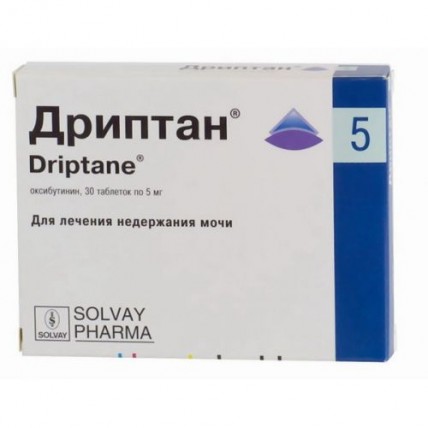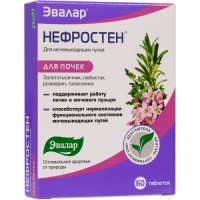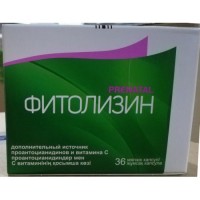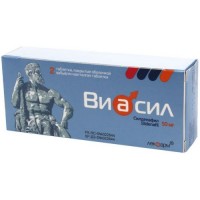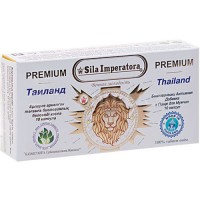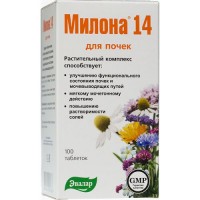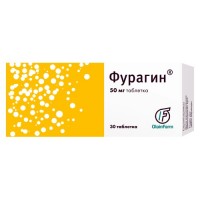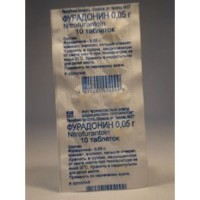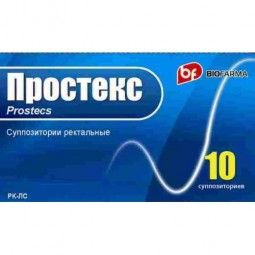Driptane® (Oxybutynin) 5 mg, 30 tablets
- $36.80
Out Of Stock
Driptane® (Oxybutynin) is used to treat some bladder control problems and urinary conditions such as overactive bladder, incontinence, urinary frequency (the need to pass urine more often than usual) and urinary urgency (the need to pass urine more urgently than usual). It works by relaxing the muscles in the bladder and in this way controls the release of urine eases the symptoms.
Common brand names: Ditropan, Ditropan XL, Oxytrol, Anturol, Gelnique, Lenditro, Lyrinel XL, Albert Oxybutynin, Kentera, Oxybutynin Chloride, Oxytrol, Uromax
Oxybutynin Hydrochloride, 5 mg tablets. 30 tablets in a blister, packed in a box with instructions for use.
Relaxes the detrusor - the muscle that contracts the bladder (direct antispasmodic myotropic and m-anticholinergic action). Increases the capacity of the bladder, reduces the frequency of detrusor contractions, restrains the urge to urinate.
The time of the onset of the maximum concentration after oral administration is 45 minutes. The concentration is proportional to the dose applied. The half-life is 2 hours (in elderly patients it increases).
Urinary incontinence associated with instability of the bladder function, either impaired as a result of neurogenic disorders (hyperreflexia of the detrusor - the muscle that contracts the bladder), for example, with advanced sclerosis or spina bifida, or with idiopathic disorders of detrusor function (motor incontinence). Nocturnal enuresis (in children over 5 years of age).
Inside, 5 mg 2-3 times a day; children and elderly patients - 5 mg 2 times a day.
Nausea, constipation, diarrhea, abdominal discomfort, urinary retention, drowsiness or insomnia, general weakness, headache, dizziness, arrhythmia, visual impairment (mydriasis, accommodation paralysis), increased intraocular pressure, decreased sweating, dry mouth, impotence, allergic reactions.
Hypersensitivity to the components of the drug, angle-closure glaucoma, obstruction of the gastrointestinal tract, intestinal atony, enlargement of the colon, ulcerative colitis, myasthenia gravis, obstructive uropathy, bleeding, lactation (breastfeeding).
The drug is not intended for children under 5 years of age.
Excitation of the central nervous system (anxiety, tremor, increased nervous excitability, convulsions, delirium, hallucinations), fever, nausea, vomiting, tachycardia, decreased blood pressure, respiratory failure, paralysis, coma.
Treatment: should maintain breathing, induce vomiting or gastric lavage, prescribe activated charcoal and saline laxative. To regress the symptoms of anticholinergic intoxication, cholinesterase blockers (physostigmine) are used. If anxiety or agitation is expressed, 10 mg of diazepam is administered intravenously.
With tachycardia, propranolol is administered intravenously.
It should be used with caution in case of impaired liver and kidney function, hyperthyroidism, ischemic heart disease, heart failure, arrhythmia, arterial hypertension, prostate adenoma, hiatal hernia. During pregnancy, Driptan is used only under strict indications. If necessary, the use of the drug during lactation should decide on the termination of breastfeeding.
At a temperature not higher than 30 ° C.
Out of the reach of children.
Shelf life - 3 years
The drug should not be used after the expiration date indicated on the package.
Common brand names: Ditropan, Ditropan XL, Oxytrol, Anturol, Gelnique, Lenditro, Lyrinel XL, Albert Oxybutynin, Kentera, Oxybutynin Chloride, Oxytrol, Uromax
Composition and form of release
Oxybutynin Hydrochloride, 5 mg tablets. 30 tablets in a blister, packed in a box with instructions for use.
Pharmacological properties
Relaxes the detrusor - the muscle that contracts the bladder (direct antispasmodic myotropic and m-anticholinergic action). Increases the capacity of the bladder, reduces the frequency of detrusor contractions, restrains the urge to urinate.
Pharmacokinetics
The time of the onset of the maximum concentration after oral administration is 45 minutes. The concentration is proportional to the dose applied. The half-life is 2 hours (in elderly patients it increases).
Indications for use
Urinary incontinence associated with instability of the bladder function, either impaired as a result of neurogenic disorders (hyperreflexia of the detrusor - the muscle that contracts the bladder), for example, with advanced sclerosis or spina bifida, or with idiopathic disorders of detrusor function (motor incontinence). Nocturnal enuresis (in children over 5 years of age).
Method of administration and dosage
Inside, 5 mg 2-3 times a day; children and elderly patients - 5 mg 2 times a day.
Side effect
Nausea, constipation, diarrhea, abdominal discomfort, urinary retention, drowsiness or insomnia, general weakness, headache, dizziness, arrhythmia, visual impairment (mydriasis, accommodation paralysis), increased intraocular pressure, decreased sweating, dry mouth, impotence, allergic reactions.
Contraindications
Hypersensitivity to the components of the drug, angle-closure glaucoma, obstruction of the gastrointestinal tract, intestinal atony, enlargement of the colon, ulcerative colitis, myasthenia gravis, obstructive uropathy, bleeding, lactation (breastfeeding).
The drug is not intended for children under 5 years of age.
Overdose
Excitation of the central nervous system (anxiety, tremor, increased nervous excitability, convulsions, delirium, hallucinations), fever, nausea, vomiting, tachycardia, decreased blood pressure, respiratory failure, paralysis, coma.
Treatment: should maintain breathing, induce vomiting or gastric lavage, prescribe activated charcoal and saline laxative. To regress the symptoms of anticholinergic intoxication, cholinesterase blockers (physostigmine) are used. If anxiety or agitation is expressed, 10 mg of diazepam is administered intravenously.
With tachycardia, propranolol is administered intravenously.
Warnings & Precautions
It should be used with caution in case of impaired liver and kidney function, hyperthyroidism, ischemic heart disease, heart failure, arrhythmia, arterial hypertension, prostate adenoma, hiatal hernia. During pregnancy, Driptan is used only under strict indications. If necessary, the use of the drug during lactation should decide on the termination of breastfeeding.
Storage conditions
At a temperature not higher than 30 ° C.
Out of the reach of children.
Shelf life - 3 years
The drug should not be used after the expiration date indicated on the package.
